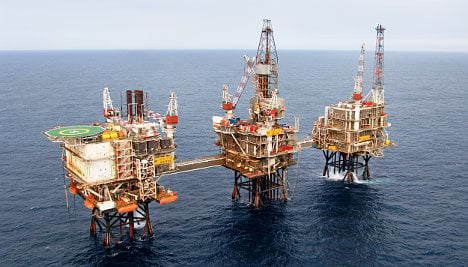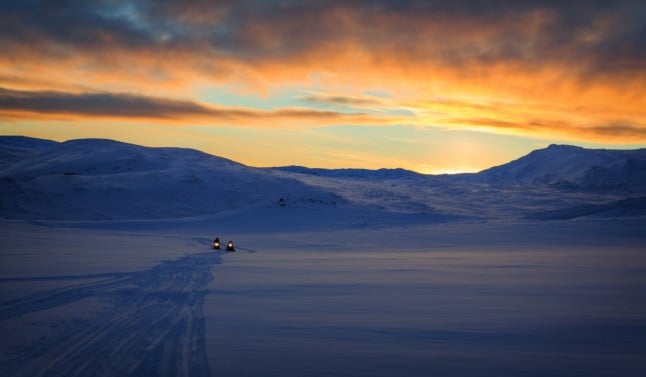"No people were injured and no damage caused to the installation beyond the equipment directly involved. But the (Norwegian Petroleum Safety Authority) PSA considers the incident to have had a substantial potential," the PSA said in a statement.
The leak occurred on September 12th on the Ula field, in the Norwegian waters of the North Sea.
Production at the site, which reached some 10,000 barrels of oil per day in July according to the Petroleum Directorate, has been suspended since the incident, PSA said.
A spokesman for BP in Norway said the company had launched its own investigation but that it was too early to determine how much oil and gas had leaked out.
"We have set up a team to investigate the origin of the leak and prevent a recurrence of this kind of incident in the future," Jan Erik Geirmo told AFP.
"We will not restart the platform until the investigation is completed," he added.
He said a thin layer of oil could be seen "for a brief moment" on the water before it disappeared.
The US Justice Department has accused BP of "gross negligence and willful misconduct" in the massive 2010 Gulf of Mexico oil spill.



 Please whitelist us to continue reading.
Please whitelist us to continue reading.
Member comments